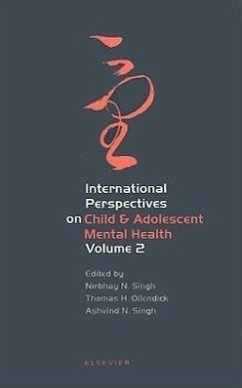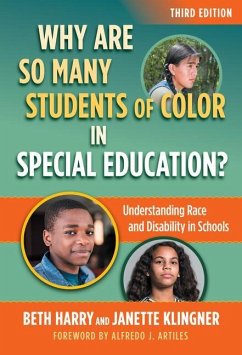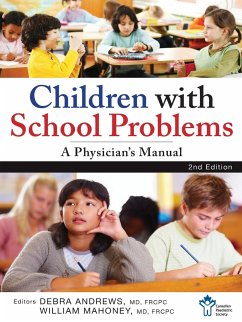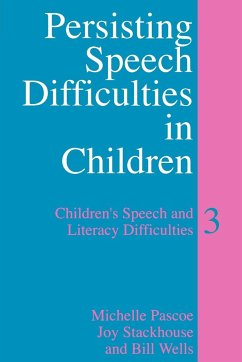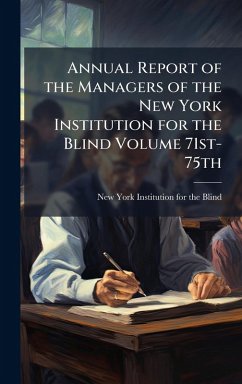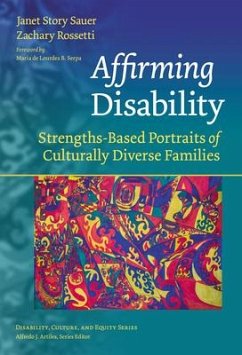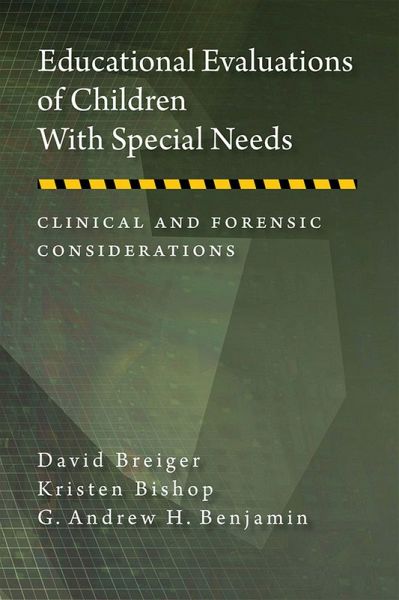
Educational Evaluations of Children with Special Needs
Clinical and Forensic Considerations
Versandkostenfrei!
Versandfertig in über 4 Wochen
71,99 €
inkl. MwSt.

PAYBACK Punkte
36 °P sammeln!
This book is a step-by-step guide describing how to perform an independent educational evaluation for children with special needs. Chapters provide crucial suggestions for how to navigate conflict between parents and school officials. Educational Evaluations of Children With Special Needs describes how to perform an independent educational evaluation for children with special needs. Chapters describe the suggested format and content of initial meetings with parents and school officials, the assessment and evaluation process, how to piece together the final report, and additional issues that ar...
This book is a step-by-step guide describing how to perform an independent educational evaluation for children with special needs. Chapters provide crucial suggestions for how to navigate conflict between parents and school officials. Educational Evaluations of Children With Special Needs describes how to perform an independent educational evaluation for children with special needs. Chapters describe the suggested format and content of initial meetings with parents and school officials, the assessment and evaluation process, how to piece together the final report, and additional issues that arise after the final settlement, including testimony in due process hearings. They also carefully outline the evaluator amp rsquo s responsibilities under the law. Perhaps most importantly, they provide crucial suggestions for how evaluators can navigate conflict that often arises between parents and school officials, while remaining focused on providing the best possible education for all children.



